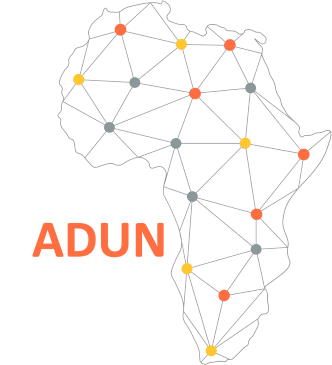Saying Goodbye to Face to Face Conferences
Tony Carr, University of Cape Town and e/merge Africa Network
Conference attendance is integral to academic culture (Decuypere and Simons 2019). From the late 20th century the functioning and growth of research communities has both fuelled and depended on a proliferation of circuits of national and international generalist and specialist face to face conferences where researchers network and present and discuss work in progress as well as emerging directions for future research. This has in turn given rise to an ecosystem of consultants and businesses who service and organise face to face conferences of varied usefulness to their target markets. More recently our reliance on face to face conferences has been called into question because the access barriers of travel and accommodation costs, security fears, concerns about climate (Jackle 2019, Storz 2019) and the potential role of large international conferences in the proliferation of pandemics of new and poorly understood diseases. It is likely that travel and accommodation costs are the most immediate argument against face to face conferences in African networks especially in the light of tightly constrained research funding for conference travel.
Online conferences have a long history going back to a 1984 conference organised by Lisa Kimball (undated) across several mainframes and the Online Distance Education Conference initiated by Terry Anderson in 1992 (Anderson and Mason, 1993) for distance educators who could not travel to an annual face to face conference. With improvements in bandwidth and communication technologies online conferences have evolved from reliance on text to offering rich multimodal interactions using combinations of asynchronous and synchronous tools. Online conferences challenge us to consider how online communication facilitates reshaping or remediation (Bolter, 2001) of the notion of a conference since the newer technologies allow for different modes of interaction and transformed experiences of conference participation. From an African perspective these affordances need to be matched with the shifting and varied technological constraints faced by participants across our continent.
The e/merge online conference series on the use of educational technology in Africa (Carr 2016) is an example of how online conferences can enhance professional networking and development of practitioners and researchers across Africa. Such conferences which started as far back as 2004 can bring together professionals with shared practices, facilitate learning at the boundaries of overlapping communities of practice and bring African and global experiences into a shared conversation about new opportunities and local contexts.
I would like to offer the following questions:
1) Is it responsible to rely so heavily on face to face conferences for our African researcher and educator communities?
2) How much face to face engagement is needed to foster international research collaboration and engagement in communities of practice?
3) What changes are needed in our individual, community and institutional practices in an era where the perceived costs and risks of face to face conferences may greatly exceed their desired benefits?
References:
Anderson, T. & Mason, R. (1993) “International Computer Conferencing for Professional Development: The Bangkok Project”, The American Journal of Distance Education, vol. 7, no. 2, pp. 5-18.
Bolter, J.D. (2001) Writing Space: Computers, Hypertext, and the Remediation of Print, Lawrence Erlbaum Associates, Mahwah, New Jersey.
Carr, T. (2016). Designing online conferences to promote professional development in Africa. International Journal of Education and Development using ICT, 12(2).
Decuypere, M., & Simons, M. (2019). Continuing attachments in academic work in neoliberal times: on the academic mode of existence. Critical Studies in Education, 60(2), 226-244.
Jäckle, S. (2019) WE have to change! The carbon footprint of ECPR general conferences and ways to reduce it. Eur Polit Sci 18, 630–650. https://doi.org/10.1057/s41304-019-00220-6
Kimball, L. (Undated). Lisa Kimball’s Bio [Homepage of Group Jazz], [Online]. Available:
http://web.archive.org/web/20130115223612/http://groupjazz.com/html/gj-the-crew.html[Accessed: 3 March 2020].
Storz, M. A. (2019). Medical Conferences and Climate Change Mitigation: Challenges, Opportunities, and Omissions. Journal of occupational and environmental medicine, 61(10), e434-e437.
